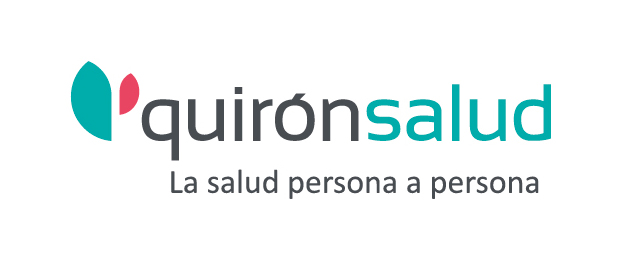Valencia, September 26th, 2019. Cardiovascular diseases are the leading cause of death, with more than 120,000 deaths annually in Spain. “Found among the most frequent pathologies are arrhythmias and atrial fibrillation, ischemic heart diseases, such as myocardial infarction and angina pectoris, and cerebral vascular diseases, and their incidence could be reduced up to 30% thanks to the Mediterranean diet and daily exercise”, said Dr. Luis González, head of the Cardiology Unit of Quirónsalud Alicante.
“The fundamental origin of cardiovascular disease,” says Dr. Catheline Lauwers, head of the Cardiology Department of the Quirónsalud Valencia Hospital, “is found in atherosclerosis, a condition whose cause is found in the obstruction of the arteries caused by cholesterol deposits, in addition to other factors such as diabetes, obesity, hypertension, stress and genetic inheritance. The control we can exert over these factors in order to reduce the likelihood of suffering from cardiovascular disease, depends on us ”.
In terms of its symptoms, these will depend on the type of cardiovascular disease suffered and the gender of the patient, such as what happens with atherosclerotic disease. “This is the case of acute myocardial infarction,” says Dr. Rafael Florenciano, cardiologist at the Quirónsalud Torrevieja Hospital, “which, while in men it manifests itself as a pain in the center of the chest, spreading to the arms and accompanied by sweating and nausea, in women it can present itself as a less intense pain that does not usually spread to the left arm and that is commonly accompanied by a lack of air, which results, on numerous occasions, in a delay in diagnosis and its treatment ”.
Quirónsalud, a reference in the treatment of cardiovascular diseases
Across its different centers, Quirónsalud offers the most advanced techniques for the diagnosis and treatment of cardiovascular diseases, among which the home cardiac monitoring service offered by Quirónsalud Alicante to patients whose pathology involves the implantation of devices such as pacemakers or defibrillators. “Thanks to this pioneering technology in Alicante’s private health, we can monitor our patients twenty-four hours a day, three hundred and sixty-five days a year and guarantee their safety,” says Dr. Luís González, head of the Cardiology Unit of the center.
Home monitoring consists of real-time retransmission of data and parameters from the pacemaker or defibrillator implanted in the patient to the specialist’s consultation by means of a monitor that the patient has at home. “Thanks to this exhaustive follow-up, we can act immediately before any alteration of the heart rhythm occurs and offer an early treatment to the patient, which is so important in these cases,” says the cardiologist.
Currently, monitoring includes pacemakers, implantable defibrillators (ICDs), subcutaneous holter and cardiac resynchronization therapy devices (CRT). It’s an easy-to-use digital technology that opens a new communication channel between patients and specialists.
In regards to the care of acute myocardial infarction, the most important manifestation of ischemic heart disease, Quirónsalud Valencia offers the infarction code. Thanks to this action protocol, once the patients are diagnosed, they immediately undergo radial catheterization through the arm and under local anesthesia.
leptitox reviews “This technique enables us to directly visualize the arteries of the heart by means of a contrast injection and under X-ray control. In this way we diagnose the clogged artery and immediately proceed to open it and subsequently insert a spring called stent, thus restoring the blood flow immediately, saving the patient’s life and having excellent long-term results ”, explains Dr. Lauwers from Quirónsalud Valencia.
In the line of minimally invasive procedures for cardiac ailments, the Quirónsalud Torrevieja Hospital is a reference in the application of the TAVI technique for the treatment of severe aortic stenosis in patients who cannot have surgery. As explained by Dr. Rafael Florenciano, specialist at the Comprehensive Cardiology Unit of the Hospital Quirónsalud Torrevieja, “the implantation of the pro-catheter aortic valve, or TAVI, is a solution that does not require surgery. It consists in replacing the damaged aortic valve with a new one without having to perform open surgery. The method employed is puncturing the femoral artery to place the valve, in a procedure very similar to that used in catheterization for implanting coronary stents, but carrying out this procedure requires a great deal of experience due to its high complexity”.
























